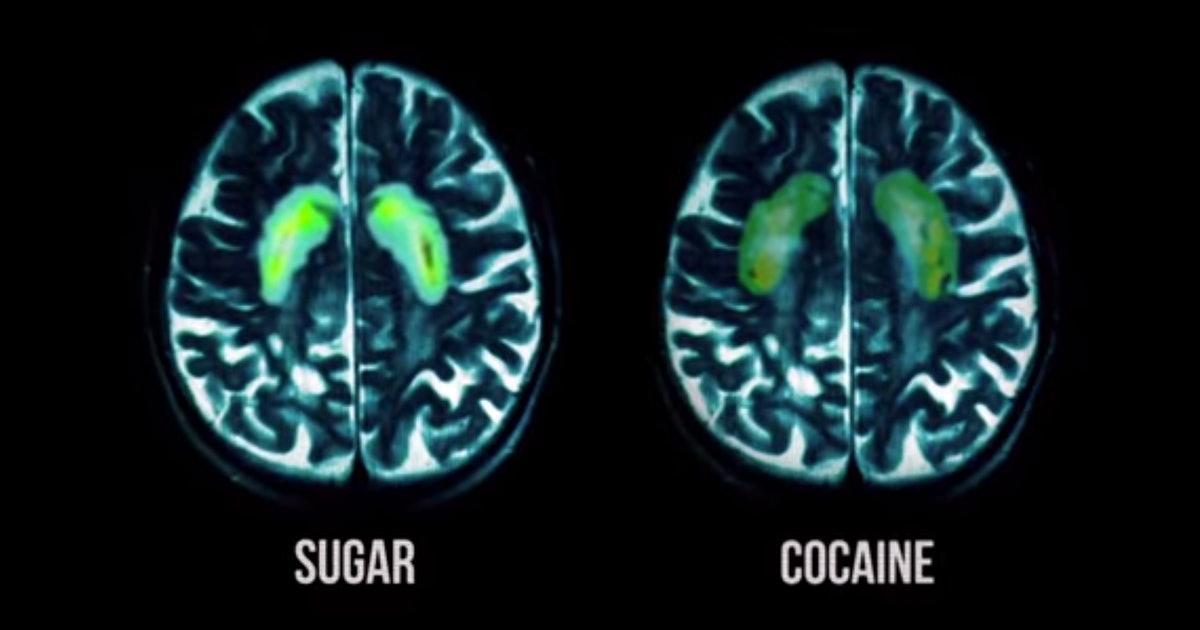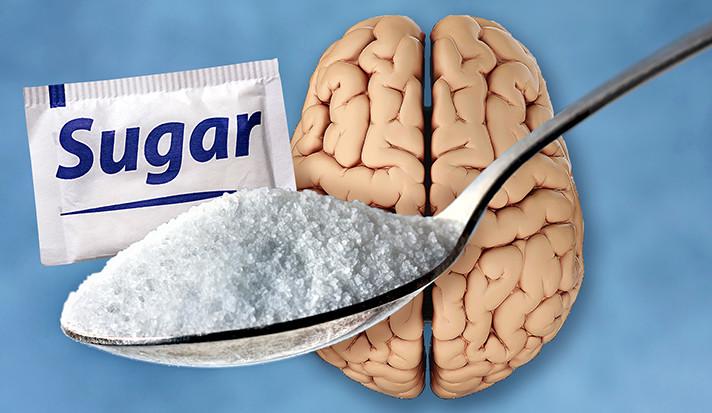We all love extreme cravings for sugar. Thinking about chocolates, ice cream sundaes, cakes, cream-filled cookies, donuts, and many more, make our tongues water. These foods contain tons of sugar which is a class of molecules called carbohydrates. Sugar is found in almost all store-brought items.
Almost every one of us is cautious and aware of the correlation between sugar and diabetes, but have you ever wondered how it might affect your brain. The brain is an extremely important organ in our body. The brain is responsible for facilitating thoughts, consolidating memory, and coordinating movement and speech among others. It weighs around three pounds and is 60% fat which explains why is imperative to have healthy fats in one’s diet and 40% a combination of water, proteins, carbohydrates, and salts. The brain has gray matter and white matter. The gray matter is composed of neurons (round cell bodies) and the white matter is composed of axons (long stems that connect neurons) that are wrapped in myelin.
The glucose (a form of sugar) level directly affects how the brain uses it. If there is not enough glucose, it can hinder the brain’s functions as glucose is required for cellular activities in the brain. While a sufficient amount of glucose is necessary, an excessive amount can have adverse effects. An excessive amount of glucose can lead to memory and cognitive deficiencies. Too much sugar also ages the cells faster. This happens because a high level of sugar leads to an increase in the glycation of proteins, which leads to the formation of advanced glycation products that can cause functional and structural damage to the cells.
 Furthermore, eating too much sugar can lead to addiction. When you eat something sweet, neurotransmitters like dopamine are released. This gives a feeling of pleasure and happiness. Constantly eating sugar-rich foods will keep boosting dopamine levels instead of allowing them to level out … an adjustment which normally occurs with a balanced diet. This means that the first time you eat a balanced diet it will spike dopamine levels, but eating that same food for several days will bring down dopamine levels and it won’t feel excessively pleasing, which is different from how sugar affects dopamine levels. If you eat too much sugar, it will continuously provide the feeling of pleasure which make people more prone to keep eating it. In this way, it behaves similarly to drugs.
Furthermore, eating too much sugar can lead to addiction. When you eat something sweet, neurotransmitters like dopamine are released. This gives a feeling of pleasure and happiness. Constantly eating sugar-rich foods will keep boosting dopamine levels instead of allowing them to level out … an adjustment which normally occurs with a balanced diet. This means that the first time you eat a balanced diet it will spike dopamine levels, but eating that same food for several days will bring down dopamine levels and it won’t feel excessively pleasing, which is different from how sugar affects dopamine levels. If you eat too much sugar, it will continuously provide the feeling of pleasure which make people more prone to keep eating it. In this way, it behaves similarly to drugs.
It is recommended to consume only 25 grams of added sugar in a day for women and 38 grams of added sugar in a day for men. Most Americans consume twice as much and therefore, it’s important to monitor one’s consumption of sugar.
It is ideal to eat plenty of vegetables, fruits, and whole foods and limit the intake of processed foods that are filled with calories and offer barely any nutritional value.
References:
https://www.ndtv.com/health/sugar-can-make-you-age-faster-heres-how-2285733 https://www.hopkinsmedicine.org/health/conditions-and-diseases/anatomy-of-the-brain
https://www.texasinstituteforneurologicaldisorders.com/uncategorized/effects-high-sugar-diet-br ain/

